This entry deals with bringing items into the media, making them referencable, countable, bringing order to them and to me and to my mind and-. A mediafied item iota (known as a mote) that has been added to the stack references a specific mote record in a Mote Nexus, since without something holding the thought-pattern of the item to this world it will wither away -away like my cognition is flensing-.
Any duplicate of that first mote iota referencing a record references the same record, and any change to one affects them all for they all point to the one and only in the media. Splitting and merging and crafting and trading all affect all affect all-.
A Mote Nexus is limited in some ways, but only some. It can contain 1023 different records, but each record can store items innumerable. I have yet to find any limit, I can merge and merge and merge forever and the record keeps growing and growing and growing...
Click to show recipes
Click to hide recipes
The Mote Nexus is built from the mind of a cartographer endlessly mapping the contents of the Shulker Box that it has been flayed into.
Bind Storage (vec →)
Target a Mote Nexus block in the world and bind yourself to it, meaning all items you mediafy will be added to that nexus' capacity. Targeting any other block will unbind you from your currently bound nexus. Costs 32 Amethyst Dust.
Bind Storage - Temp. (vec →)
Target a Mote Nexus block in the world and bind to it for the remainder of this cast, temporarily overriding your primary binding. Costs one thousandth of an Amethyst Dust.
Stocktake Reflection (→ [itemtype])
Gets all the types of motes contained in the currently bound Mote Nexus.
Stocktake Purification (mote | itemtype → [mote])
Gets all the mote records from the currently bound Mote Nexus that match the passed item type or could be combined with the passed mote.
Capacity Reflection (→ int)
Gets the remaining capacity of the bound Mote Nexus.
Containment Distillation (vec, (itemtype | mote) → bool)
Returns true if the Mote Nexus at the given position contains a mote of the given type, or that would stack with the given mote, and false otherwise.
Mediafy Item (item | item, mote → mote)
Convert an item in the world (either an item entity or an item frame) into a mote on your stack. If passed an existing mote instead adds the items from the entity to the mote. Mediafying an item costs a tenth of an Amethyst Dust.
Return Item (mote, vec | mote, vec, num →)
Returns all the items from a mote to the world at the location of your choosing. If passed a number returns at most that many items. Costs a tenth of an Amethyst Dust.
Length Purification (mote → int)
Accepts a mote and returns the number of items in the record referenced by that mote.
Additive Distillation (mote, mote → mote)
Combines two motes into one, merging the mote records they point to. Any pointers to the second mote will become null, any pointers to the first will remain. This can make motes holding many more items than I could carry in a stack naturally!
Stacking Distillation II (mote, (mote | item) → bool)
Returns true if the first mote can be combined with the items in the second argument (which can be a mote, item stack, item entity, or item frame), and false otherwise.
Splitting Gambit (mote, int → mote, mote)
Splits the specified number of items off of the passed mote, creating a new mote pointing to a new mote record.
Depot Purification (mote → vec)
Get the position of the Mote Nexus that contains the passed mote.
Depot Gambit (mote, vec → mote)
Move the record referenced by the passed mote to the Mote Nexus at the passed position. This returns a new mote pointing to that record, and invalidates all previous motes pointing to that record.
Craft (mote | [mote] | [[mote]] → [mote])
Takes a mote, list of motes, or list of list of motes. returns a list containing the results of crafting with those items. For example, the input Stone x128 would return [Stone Button x128].
For more complex crafts, inserting nulls to space items properly will be required. A diamond pickaxe for example would require [[Diamond x2, Diamond x2, Diamond x2], [null, Stick x2], [null, Stick x2]] to get [Diamond Pickaxe x2]. Costs a tenth of an Amethyst Dust.
Preview Craft (item | [item] | [[item]] → [item])
Takes the same input as Craft, except it can take Item Stack Iotas as well as motes. Returns a list of Item Stack Iotas representing what the results of Craft would have been with motes containing those inputs.
Seniority Purification (villager → int)
Accepts a villager, returns a number representing that villager's seniority and skill at their craft.
Offering Purification (villager → [complicated!])
Accepts a villager and returns all of the trades that villager is offering. This is a list of lists of lists. Each trade comprises two lists, the cost, and the returned items. The returned items is a list containing the type of item, and the number of items.
The cost is a list of one or two pairs of item and number of items required by the villager for the trade to be accepted. For example, one trade offer could be [[[Emerald, 1]], [Redstone, 1]].
Trade (villager, [mote], int? → item)
Accepts a villager, a list of motes to trade with to villager, and optionally an int for which of that villager's trades to attempt. (int? above means that you can pass 2 or 3 arguments, the optional 3rd being an int).
If no trade number was passed, it will try each of the villager's trade until finding one that accepts the passed items. If a trade number was passed it will skip straight to using that trade. It will then repeat that trade for as long as it has enough items and the villager is still willing to trade. It will then return the items the villager traded away as a mote to the stack.
The villager will find this trade to be a learnable experience as it would if trading with you directly, and will improve its skills and trade offerings commensurately. Costs a tenth of an Amethyst Dust.
Use Item On (mote, (entity | vec, vec) →)
Accepts a mote, and either an entity, or a target block and a normal vector. Uses the item on the entity/block. The mote must either only have one item in it, or the items contained must be extremely simple (no NBT data).
 Slipways
Slipways Getting Started
Getting Started Items
Items Relay
Relay

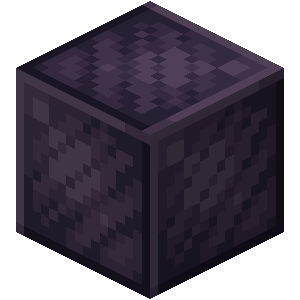
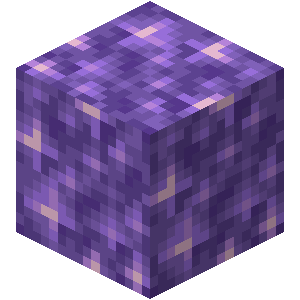
 Cross-Mod Compatibility
Cross-Mod Compatibility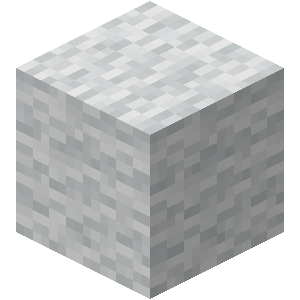 Fabric-Only Hexal Spells
Fabric-Only Hexal Spells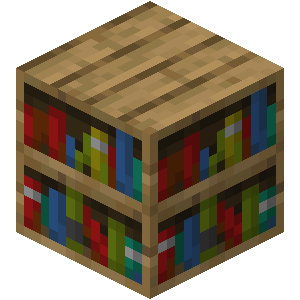 Patterns
Patterns Hexal Basic Patterns
Hexal Basic Patterns Hexal Maths
Hexal Maths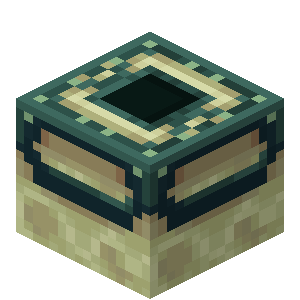 Everbook
Everbook Spells
Spells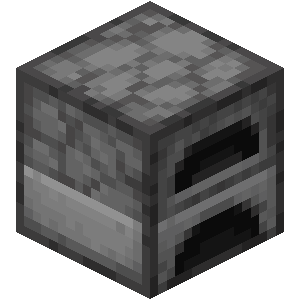 Hexal Spells
Hexal Spells Wisps
Wisps Links
Links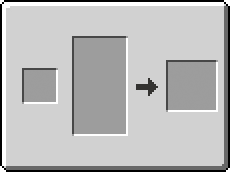

 Villager must be a Apprentice Cartographer or higher
Villager must be a Apprentice Cartographer or higher
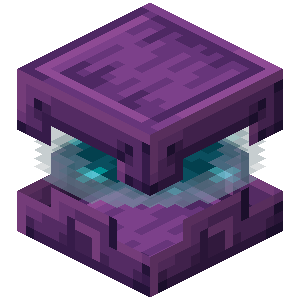
 Great Spells
Great Spells Accelerate
Accelerate Great Wisp Spells
Great Wisp Spells